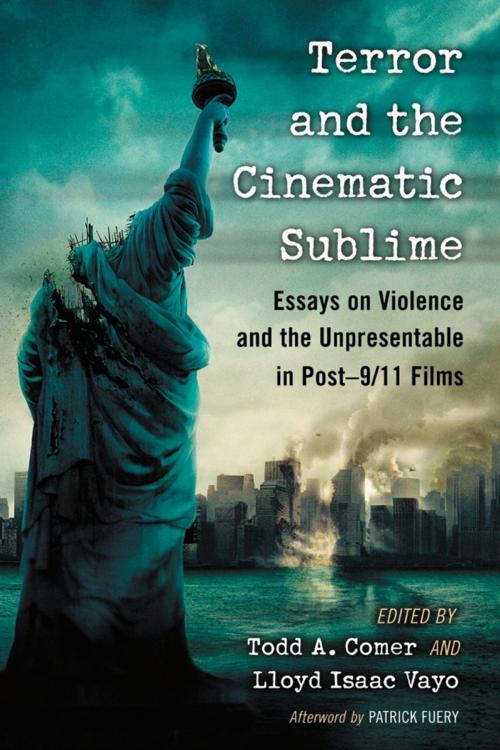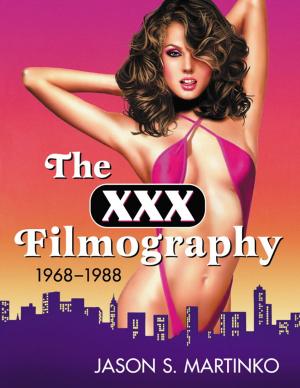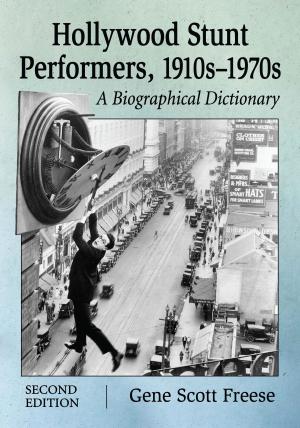Terror and the Cinematic Sublime
Essays on Violence and the Unpresentable in Post-9/11 Films
Nonfiction, Entertainment, Performing Arts, Film, History, Americas, United States| Author: | ISBN: | 9781476601762 | |
| Publisher: | McFarland & Company, Inc., Publishers | Publication: | January 30, 2013 |
| Imprint: | Language: | English |
| Author: | |
| ISBN: | 9781476601762 |
| Publisher: | McFarland & Company, Inc., Publishers |
| Publication: | January 30, 2013 |
| Imprint: | |
| Language: | English |
This collection considers film in the aftermath of September 11, 2001. Eleven essayists address Hollywood movies, indie film, and post-cinematic media, including theatrical films by directors such as Steven Spielberg, Darren Aronofsky, Quentin Tarantino and Spike Lee, and post-cinematic works by Wafaa Bilal, Douglas Gordon and Peter Tscherkassky, among others. All of the essays are written with an eye to what may be the central concept of our time, the sublime. The sublime—that which can be thought but not represented (the “unpresentable”)—provides a ready tool for analyses of trauma, horror, catastrophe and apocalypse, the military-industrial complex, the end of humanism and the limits of freedom. Such essays take the pulse of our cultural moment, while also providing the reader with a sense of the nature of the sublime in critical work, and how it continues to evolve conceptually in the 21st century.
This collection considers film in the aftermath of September 11, 2001. Eleven essayists address Hollywood movies, indie film, and post-cinematic media, including theatrical films by directors such as Steven Spielberg, Darren Aronofsky, Quentin Tarantino and Spike Lee, and post-cinematic works by Wafaa Bilal, Douglas Gordon and Peter Tscherkassky, among others. All of the essays are written with an eye to what may be the central concept of our time, the sublime. The sublime—that which can be thought but not represented (the “unpresentable”)—provides a ready tool for analyses of trauma, horror, catastrophe and apocalypse, the military-industrial complex, the end of humanism and the limits of freedom. Such essays take the pulse of our cultural moment, while also providing the reader with a sense of the nature of the sublime in critical work, and how it continues to evolve conceptually in the 21st century.















